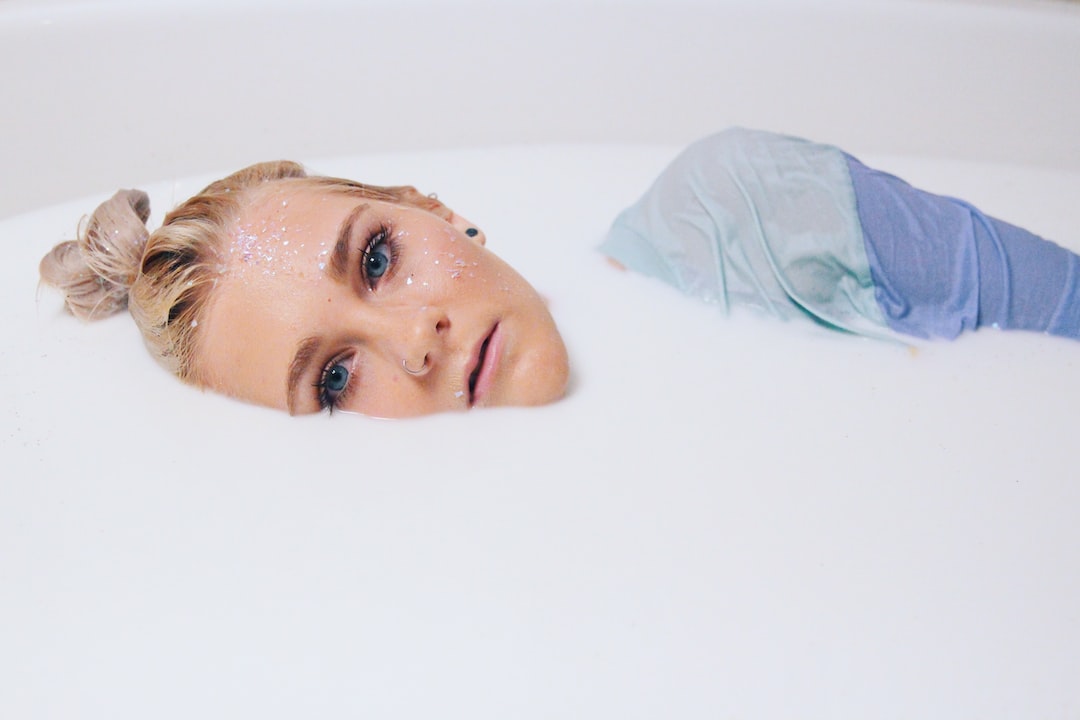Tattoos have become an increasingly popular form of body art in recent years. However, tattoos are not permanent and tend to fade over time. The process by which tattoos break down and fade is a complex one, involving various factors that affect the ink’s stability within the skin.
Tattoo Ink Composition
Tattoo ink is typically composed of a combination of pigments and carriers. The pigments provide the color, while the carriers help deliver the pigments into the skin. Common pigments used in tattoo inks include carbon black, titanium dioxide, iron oxides, and organic pigments. Carriers can consist of a variety of substances, such as purified water, alcohol, glycerin, or witch hazel.
Factors Affecting Tattoo Ink Breakdown
Several factors contribute to the breakdown of tattoo ink:
1. Sunlight and UV Radiation
Exposure to sunlight and ultraviolet (UV) radiation is one of the main factors responsible for tattoo fading. UV radiation can break down the pigments in tattoo ink, causing them to fade and lose their vibrancy over time. It is therefore essential to protect your tattoos from excessive sun exposure by using sunscreen or covering them up.
2. Cell Turnover and Skin Renewal
The natural process of cell turnover and skin renewal plays a role in tattoo ink breakdown. As the skin cells regenerate and slough off, they take some of the tattoo ink with them. This gradual shedding of the top layers of the skin contributes to the fading of tattoos.
3. Enzymatic Processes
Enzymes present in the body can also contribute to the breakdown of tattoo ink. Specific enzymes, such as those involved in the immune response, can recognize foreign substances like tattoo ink and work to break them down. However, the extent to which enzymes affect tattoo fading is still not fully understood.
Tattoo Aftercare and Maintenance
Proper aftercare and maintenance can help slow down the breakdown of tattoo ink:
1. Protect from Sun Exposure

As mentioned earlier, protecting your tattoos from sun exposure is crucial. Use a high SPF sunscreen on your tattoos whenever they are exposed to sunlight. Additionally, consider wearing clothing or accessories that cover your tattoos when spending long periods outdoors.
2. Moisturize Regularly
Dry skin can lead to faster tattoo fading. Keep your skin well-moisturized, as hydrated skin helps preserve the integrity of the tattoo ink. Use a fragrance-free, gentle moisturizer and apply it to your tattoos regularly.
3. Avoid Harsh Chemicals
Harsh chemicals, such as those found in certain skincare products or cleaning agents, can accelerate the breakdown of tattoo ink. Avoid using products containing abrasive ingredients or strong chemicals on or near your tattoos.
4. Follow Proper Tattoo Aftercare Instructions
Tattoo artists provide specific aftercare instructions for each tattoo. Following these instructions diligently will help promote the healing and longevity of your tattoo. Avoid picking at scabs, keep the tattoo clean, and apply any recommended ointments or creams as instructed.
Tattoos are not immune to the effects of time and external factors. While tattoo ink can last for many years, its breakdown is an inevitable process. Understanding the factors that contribute to tattoo fading and taking proper care of your tattoos can help preserve their vibrancy and longevity.